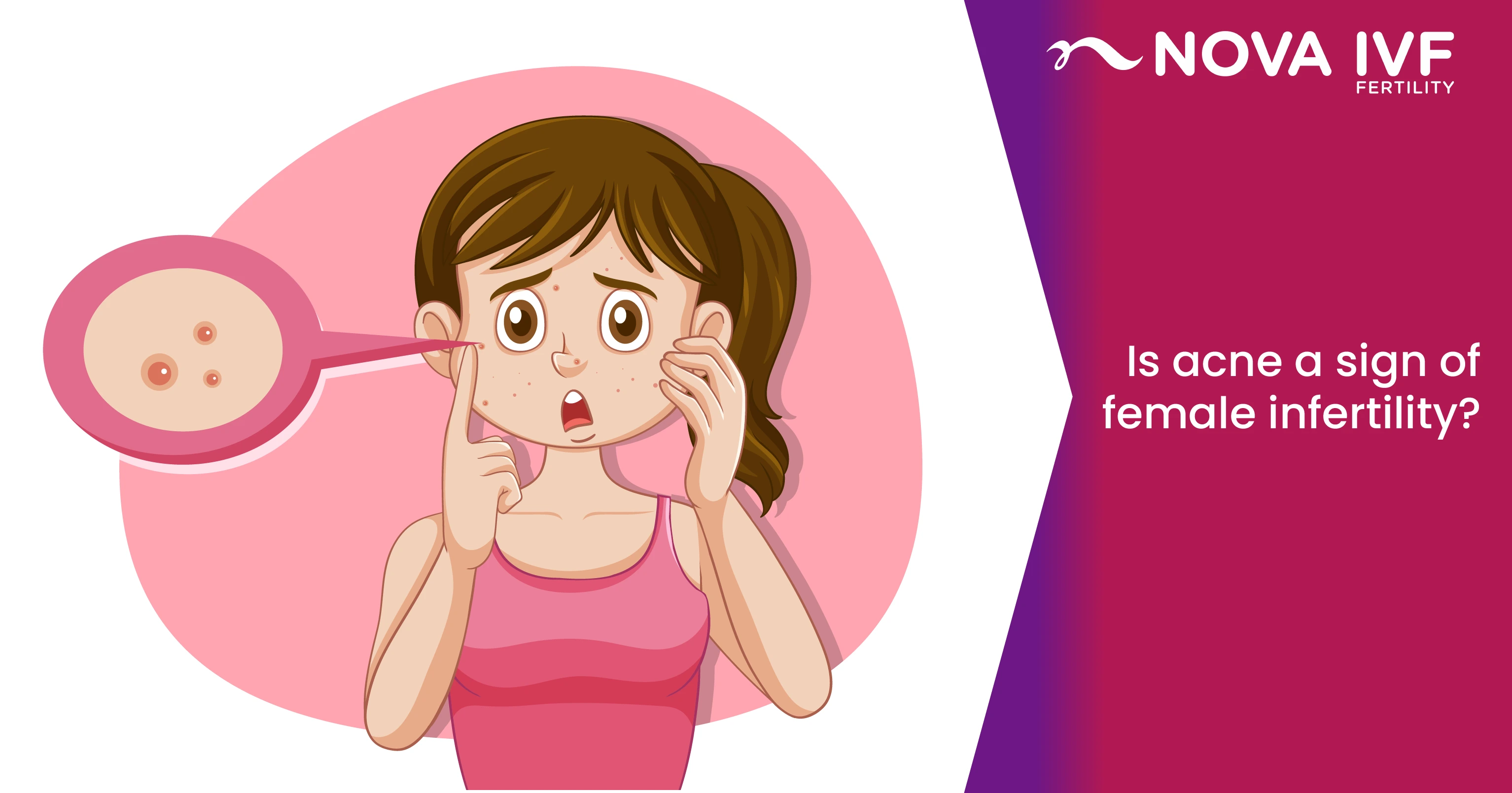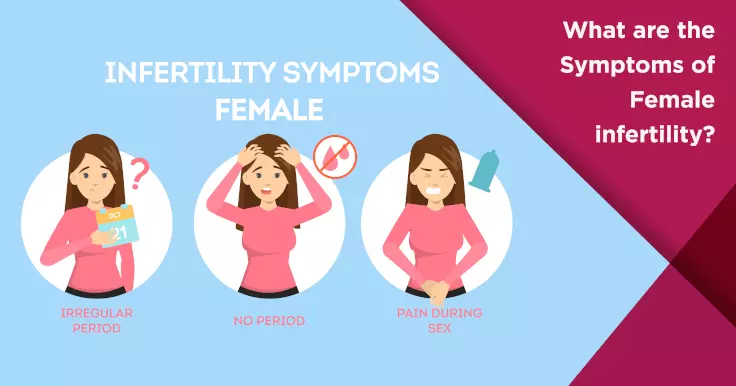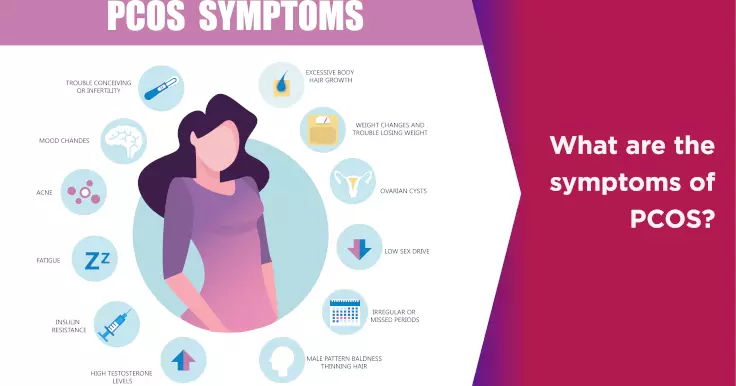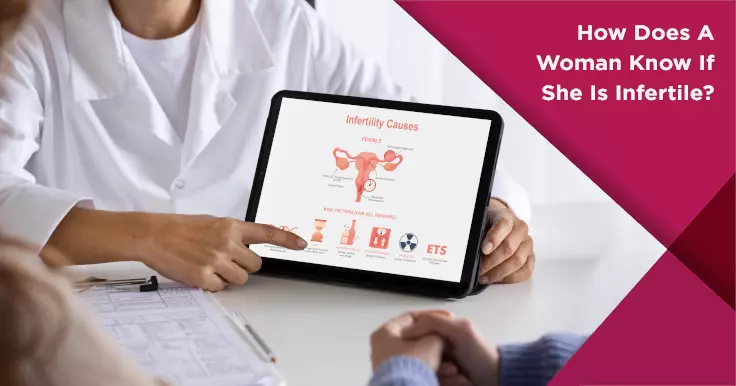The Link Between Acne and Female Infertility: What You Should Know

Hormones play a key role in the reproductive processes. They determine when an egg should be released, how it matures, menstrual cycles etc. Estrogen and progesterone are the two hormones that play pivotal roles in these processes. Thus, if the levels of these hormones increase or decrease drastically, it could result in infertility.
Acne and its association with hormonal fluctuation
Acne is the most visible sign of hormone fluctuations. This is not the same as an occasional pimple. It does not only affect the T zone but also affects the lower part of the face, cheeks, and jawline. It may take the form of whiteheads, blackheads, small pimples with a head and cysts. These cysts develop deep under the skin and may not have a visible head. Hence they often appear as bumps that are tender to touch. Acne caused by hormonal fluctuations usually appear suddenly and affects adults who have passed the stage of puberty.
How Does Acne Affect Fertility?
Acne is considered as a symptom of female infertility, in cases where it has been triggered by hormonal fluctuations. In many cases, women suffering from acne also suffer from polycystic ovarian syndrome PCOS, which is very commonly associated with infertility. This is characterised by high levels of androgen or male hormones. It can result in a lack of ovulation or irregular ovulation.
Hormones also affect the luteal phase of a menstrual cycle. This is the phase that follows ovulation. On an average, this phase should last for about 14 days. However, hormonal fluctuation may result in shorter luteal phases. If this phase lasts for less than 10 days, the fertilised embryo may not be able to implant itself in the womb. Thus, even though the egg is fertilised it will not result in a pregnancy.
Thankfully, infertility caused by hormonal fluctuations can be treated.
 Infertility Counselling
Infertility Counselling Female Infertility Treatment
Female Infertility Treatment Andrology Treatment
Andrology Treatment Fertility Enhancing Surgeries - Female
Fertility Enhancing Surgeries - Female Fertility Enhancing Surgeries - Male
Fertility Enhancing Surgeries - Male Endoscopy Treatment
Endoscopy Treatment IUI Treatment
IUI Treatment IVF Treatment
IVF Treatment ICSI Treatment
ICSI Treatment Advanced IVF Solutions
Advanced IVF Solutions Embryology
Embryology Vitrification Egg, Embryo, Sperm Freezing
Vitrification Egg, Embryo, Sperm Freezing Preimplantation Genetic Testing (PGT)
Preimplantation Genetic Testing (PGT) Donation Program Embryo / Egg / Sperm
Donation Program Embryo / Egg / Sperm Self-cycleTM IVF
Self-cycleTM IVF

 Self-cycleTM IVF
Self-cycleTM IVF











